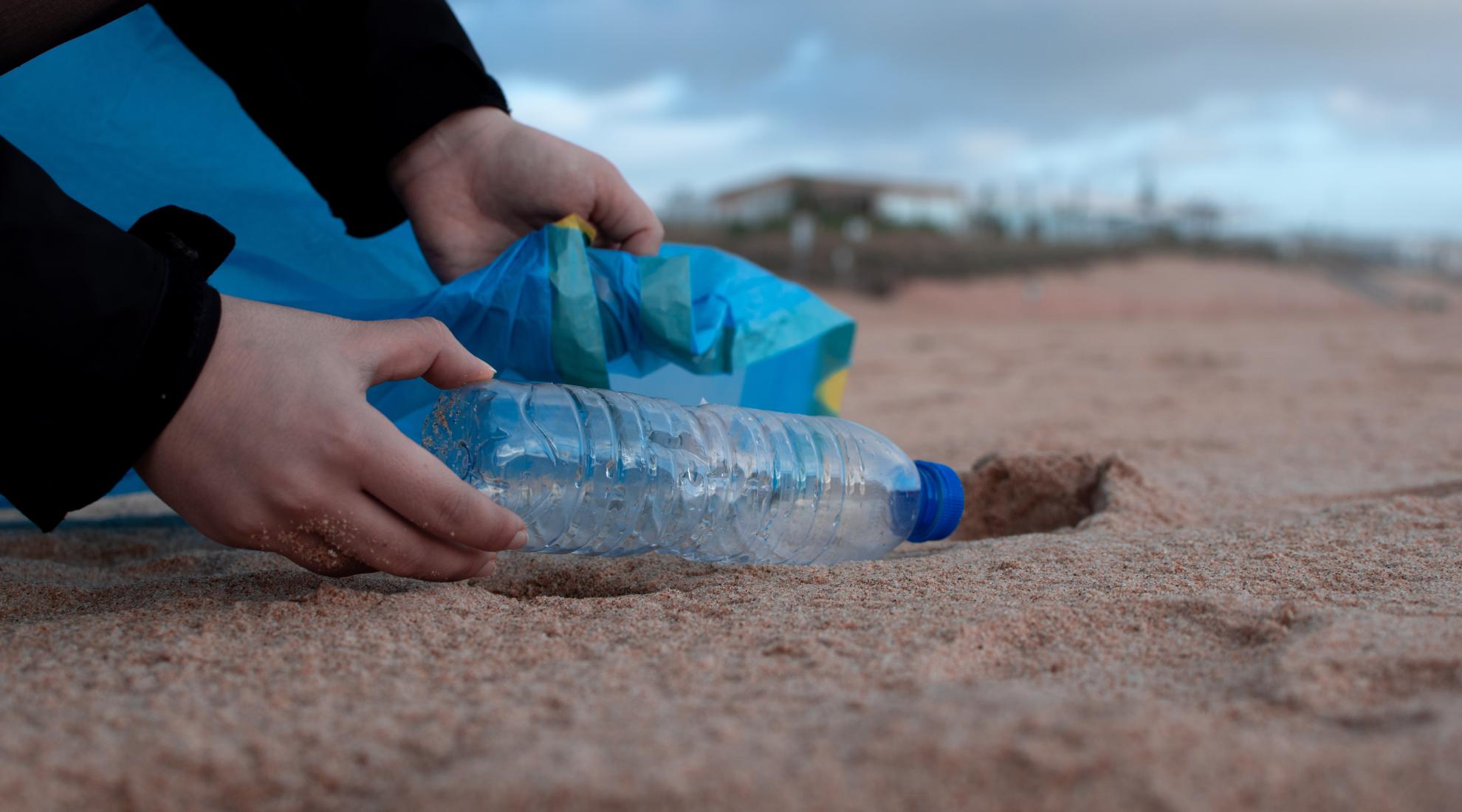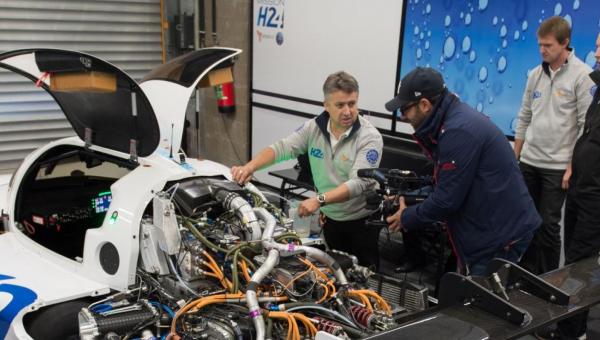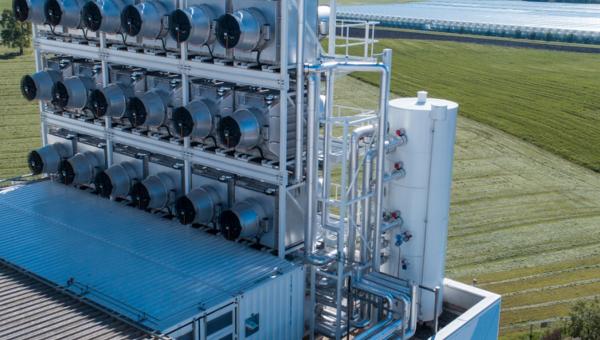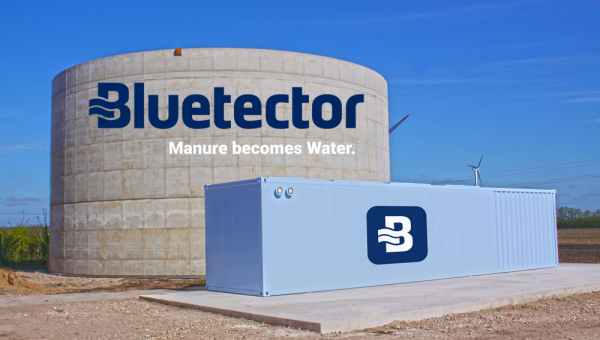One kilo of plastic turned into one litre of fuel

A Swiss start-up has developed a machine that can break down plastic molecules to make fuel. The concept is attracting interest as far afield as French Polynesia.
Worldwide, only 9% of plastic waste is recycled, while a shocking 22% is dumped in uncontrolled landfills, incinerated in open pits or discharged into the terrestrial or aquatic environment, especially in poorer countries (source: OECD). Swiss entrepreneur Claude Etique and engineer Samuel Moussa, no longer want to stand idly by. Their start-up company, HVO, has developed a new technology that converts non-recyclable plastics into fuel with unprecedented efficiency.
A known technology made much more efficient
While the pyrolysis technique in question has been around for more than 70 years, the new process developed by the Swiss-based company offers a significant yield - 1 kg of plastic for every litre of fuel.
I travel a lot in Africa and when I see the problem of plastic waste all over the planet, it's getting worse and worse. The idea is to do something intelligent with it. Since you can produce fuel from it, you can use it to generate electricity and become energy self-sufficient.
Producing new fuel with the pyrolysis process
HVO offers an innovative solution for the local recovery of plastics using a low temperature pyrolysis process (around 500°C). In this process, long plastic molecules are heated to break them down and then recombine into a liquid with a high energy value. In practice, the machine will crack the molecules to separate the hydrogen and carbon using a reactor. Several refining scenarios can be defined depending on the end products required:
- Production of fuels (petrol, diesel) from pyrolysis oils
- Production of fuels and paraffin based materials
- Production of synthesis gas hydrogen production
A mobile solution for developing countries
This technology is a response to the challenge of pollution, especially in developing countries that are suffocating under the weight of waste. According to the co-founders, the authorities of Bora-Bora in French Polynesia have already expressed an interest in purchasing such a machine. HVO plans to adapt its current model to create a small version that can be transported in containers. This would allow the machine to be used on a boat, for example. Representatives from the South Pacific island nation are expected to visit Switzerland later this year to confirm their intention.




